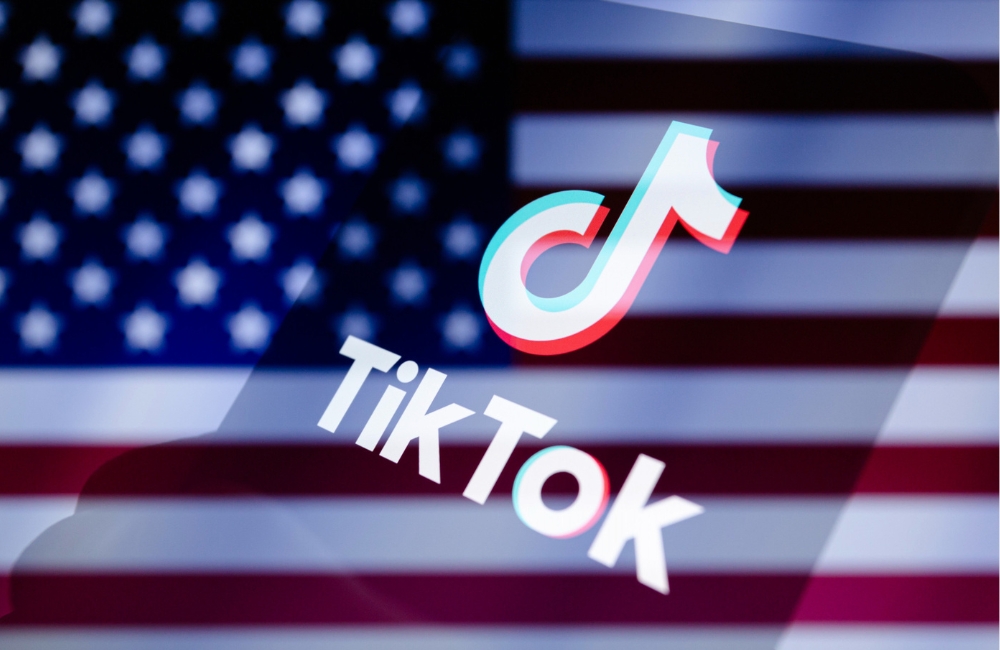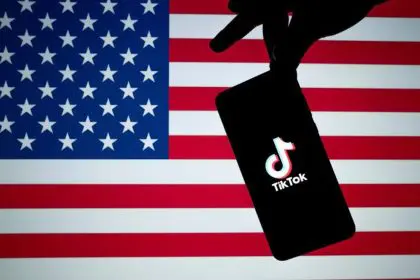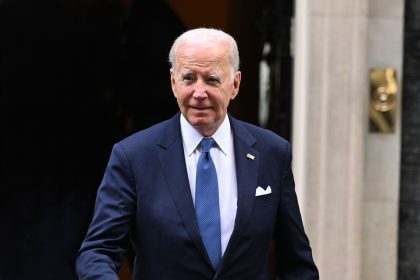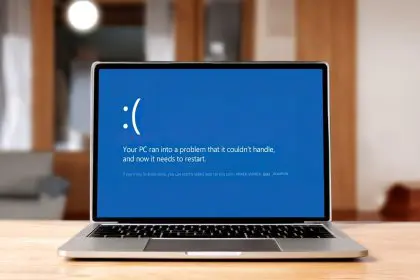TikTok is set to begin its legal challenge against a U.S. law that could result in the platform being banned unless its Chinese owner ByteDance sells it off in nine months.
The regulation, signed by President Joe Biden in April, stems from fears TikTok could be used by the Chinese government to exploit U.S. users’ data.
TikTok and ByteDance have consistently denied any ties to Chinese authorities and described the law as an “extraordinary intrusion on free speech rights.”
The company, which boasts more than 170 million U.S. users, will present its case before a three-judge panel in Washington, starting on Sept. 16.
Eight TikTok creators — including a Texas rancher and a Tennessee baker who rely on the platform for their livelihoods — will also testify.
Lawyers from the Department of Justice are expected to argue the government’s case, citing concerns that TikTok could be used by China to spread propaganda. But defenders of free speech argue the law could set a dangerous precedent.
“We shouldn’t be surprised if repressive governments the world over cite this precedent to justify new restrictions on their own citizens’ right to access information, ideas and media from abroad.” Xiangnong Wang, an attorney at Columbia University’s Knight First Amendment Institute, said.
The institute has submitted an amicus brief criticizing the vague national security threats used to justify the law.
“We can’t think of any previous instance in which such a broad restriction on First Amendment rights was found to be constitutional on the basis of evidence that wasn’t disclosed,” Mr Wang added.
“The substance of the case against TikTok is very strong,” James Lewis from the Center for Strategic and International Studies argued. He added courts tend to defer to the president on national security matters.
Experts predict the case could drag on for months, potentially reaching the U.S. Supreme Court.
















